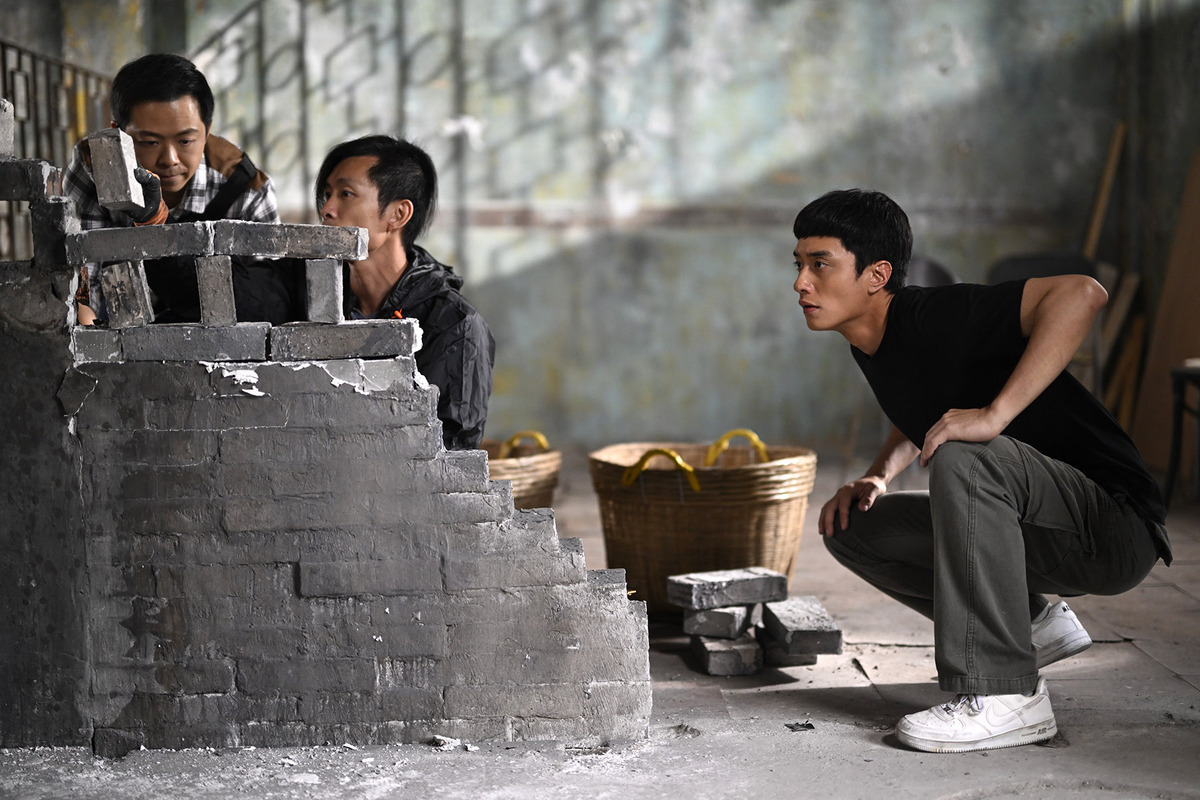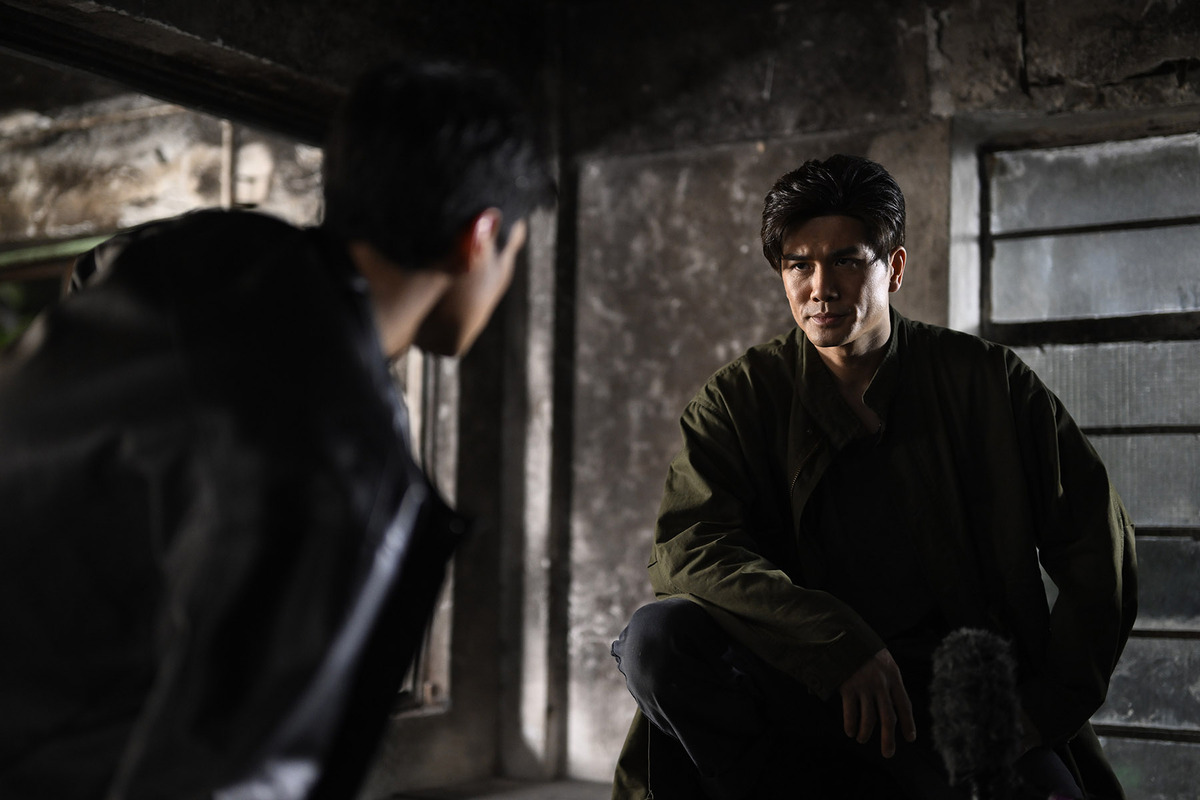Return of the prodigal stuntman


There was a time when movie buffs everywhere knew that "Hong Kong-style action" meant a full-on, borderline-insane commitment to the most outlandish and creative stunt work anywhere — a signature East-meets-West blend of action tropes and the sort of martial arts that only Hong Kong could produce. The phrase is still in use, but the purveyors of Hong Kong-style action — Ringo Lam, John Woo, Tsui Hark, Sammo Hung — have since been surpassed by the filmmakers they influenced. A number of these next-generation action-flick specialists now work in South Korea, Japan, India, Europe and Hollywood. The conundrum at the heart of Stuntman, the directorial debut of twin brothers Albert and Herbert Leung, is whether Hong Kong-style action has a future.
Stuntman begins with a stellar homage to the past. Action and stunt director Sam (Lam Yiu-sing) is seen working on an elaborate sequence set around a Central overpass. It's the glory days of Hong Kong action filmmaking, when scripts and permits were optional. It's very retro and great fun, but the stunt goes wrong. Decades later, Sam (actual action and stunt veteran Stephen Tung), though semi-retired, gets a chance to redeem himself for the obsessive moment that nearly cost a stuntman his life and put him in a wheelchair forever. Though Sam was cleared of any wrongdoing, it's a moment that has haunted him — and his career — ever since. When an old friend and director (To Yin-gor) asks him for help with coordinating the "old-school, 1980s-style" action for what will be his last film, Sam reluctantly agrees, hoping that the experience will be cathartic.

Budding stuntman Long (Terrance Lau), forced to labor part time for his brother's (Max Cheung) logistics company because stunt work is sparse, and superstar Wai (Philip Ng, who co-starred with Lau on Hong Kong's second-highest-grossing film ever, Twilight of the Warriors: Walled In) are also part of the film. Wai was present when the catastrophic incident involving Sam took place. The clash between Sam's old-school process and Wai's modern, safer approach informs the central tension in Stuntman, arguably the most self-aware product of the First Feature Film Initiative — a competitive film funding program started by the Hong Kong government in 2013.
Stuntman may have more action, and be distinctly more mainstream, than the majority of the films that have emerged from the FFFI program — which includes co-writer Anastasia Tsang's A Light Never Goes Out — but it also comes with a substantial dose of nostalgia for the Hong Kong of yore. Sam laments not having the freedom to do things the way they used to and pushes back when Long asks if they can do it in the new, safer way. The film self-consciously, and gracefully, tips its hat to Hong Kong cinema's undeniable influence on films made in other cultures, while acknowledging that change is not something to be scared of.

While a little more depth to the characters would have been great, the solid cast fills in the blanks with their performances. Ng as the production's wary lead could have let his character tip over into prima donna territory, but pulls him back from the edge. His Wai displays an innate desire to be respectful of Sam's status and at the same time a determination to never make the same, avoidable mistake again.
Tsang and co-writer Oliver Yip (The Sparring Partner) find a shrewd way to illustrate Sam's obsessiveness and unbending beliefs by rolling in a troubled relationship with his daughter Cherry (Cecilia Choi, also in Walled In and Drifting). They also do a good job of writing the friction between Long and his brother over working to survive versus working to thrive — a question many filmmakers are currently asking themselves. The Leung brothers suggest that they can have both.
- Fishing, Hunting festival opens at Chagan Lake in Jilin
- A glimpse of Xi's global insights through maxims quoted in 2024
- China's 'Ice City' cracks down on ticket scalping in winter tourism
- Iron stick yams revitalize Wenxian county
- Party chief of Guilin under investigation
- Two radio telescopes put into use to support deep space exploration




































